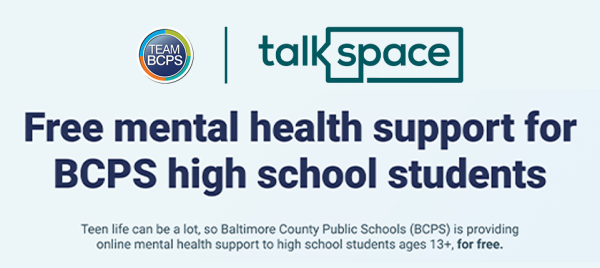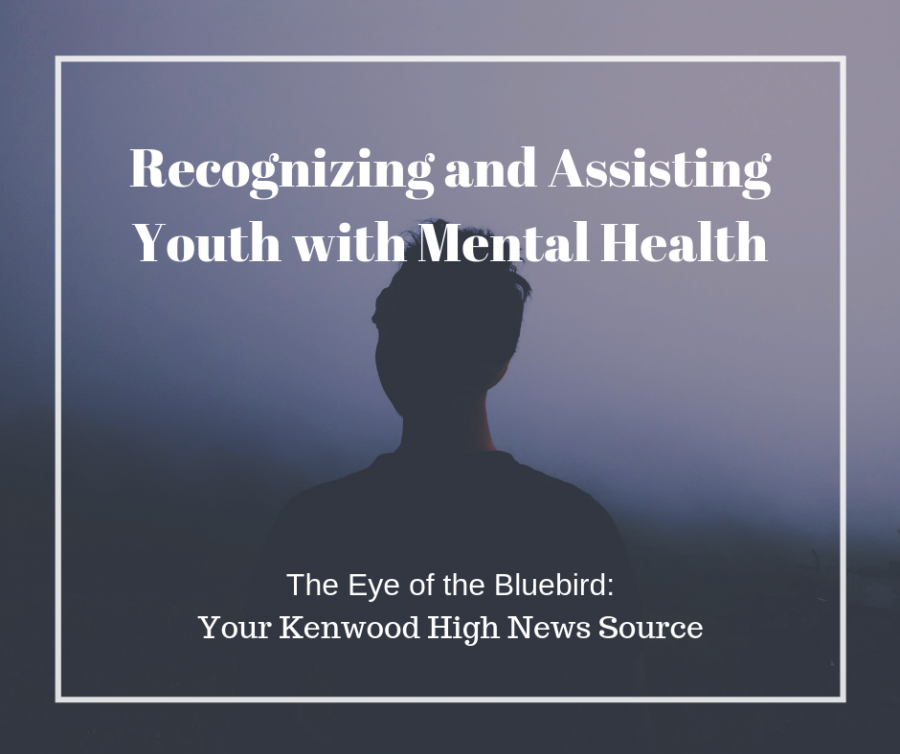Recognizing and Assisting Youth with Mental Health
August 8, 2019
Mental health challenges and disorders are on the rise in young children and young adults. Approximately 20% of youths age 13-18 will experience severe mental disorders each year whereas 13% of children 8-15 will experience a severe mental disorder each year (“Mental Health First Aid USA”). Though youth are going through many different physical and mental changes as they grow towards adulthood there are particular signs of mental health challenges and actions as adults that we can take to help our children get their mental health back on track.
Though there are some differences when dealing with a mental health challenge with a young person verse an adult, a mental health crisis is occurring when it interrupts functioning on a daily basis. Just like adults, youth can be highly functioning for a time with a mental health disorder, but a mental health illness will disrupt a person’s ability to work or attend school, carry out activities, or engage in relationships. It will affect their thinking, emotional state, and behavior. When their daily functioning activity is impacted you know a youth is struggling with a mental health challenge.
Just as it is with many health challenges, the sooner a young person gets help for their mental health the more likely for a positive outcome. Children and adolescences aren’t as informed as adults about mental health awareness which is why it’s so important for parents and caregivers of children to be more aware of identifying mental health challenges and directing our children towards help.
Understanding youth’s stories and trauma can makes all the difference in our reactions to their behaviors.
One of the hardest things that lead to the misconceptions and lack of awareness about mental health illnesses is its invisibility but there are several physical signs. However, as any parent knows some of these physical signs can also completely be typical child/adolescent behaviors. In isolation or infrequency these signs may not be a sign of a mental health challenge but if they occur over a long duration, frequently, and in intensity and is interfering with the child’s day to day activities at school, home, or with friends as the adult it may be time to intervene. The following can be signs of a mental health illness:
-abusive aggressive language
-excessive crying
-changed eating habits
-disengaged distance behavior
-destroying things
-giving away things
-hurting others or themselves
-isolating themselves from family and friends
-lying
-sudden drop in grades or academic performance
-kicking or hitting
-manipulating others
-sudden obsessive behaviors
-quitting interests suddenly
-restless
-sleeping more or struggling to sleep
-sudden weight loss or gain
-unresponsive or zombie like behavior
-running away
-strange body ticks
-taunting or violent behavior
Intensity, frequency, and duration of these behaviors is the key to knowing if these behaviors are typical or a sign of a mental health challenge. If we do encounter a youth struggling with mental health what can we do? As adults we can take the following action to help youth when they’re faced with a mental health challenge or crisis:
-Assess for risk for suicide or harm by looking for any signs that the youth may be harming themselves and exhibiting risky behavior. If the behavior at any point is extremely alarming or high risk of harming themselves or others the adult should seek professional help immediately!
-Listen nonjudgementally as the young person’s experiences are not yours therefore their perception of the situation is not the same as yours but it may very well be a huge relief for the young person to talk about how he/she feels.
-Give reassurance and information by offering them hope and realist expectations, acknowledging the limits of what they can do. Provide them information on resources for how and where to seek help. Don’t dismiss their problems or emotions or try to “fix” the problem yourself for them, as well as don’t spend time on focusing on right verse wrong.
-Encourage appropriate professional help by pointing them in the direction of various professional help that is available as mental health illnesses are treatable with the right help! Remind them there are resources listed on the back of their BCPS ID card (where else are resources easily available??)
-Encourage self help and other supportive strategies like writing, art or coloring, exercising, mediation, music, using stress balls, practicing positive self talk, downloading calming mediation apps on their phones, or engaging in activities with friends. All of these activities and more can help teach them self coping skills when faced with a mental health crisis.
As mental health issues for children, adolescents, and young adults seem to be on the rise, it’s so important as adults to remember to stop and listen. We all get so busy in our own lives and troubles but growing up these days isn’t exactly an easy feat. They really just need to know that there are adults in their lives that truly care about them. Hopefully we can all be that adult to some kid(s).
Here are a few local resources:
United Way: 211
Crisis text line: Text the word “HOME” to 741741 for free 24 hour support
Maryland Suicide and Crisis Hotline: 1.800.422.0009
Baltimore County DSS: 410.887.TIME
Baltimore County Crisis Response: 410.931.2214
The Trevor Project: 1.866.488.7386 or text START to 678678
Maryland Food Bank: 410.737.8282
Baltimore County Public Schools recently partnered with Talkspace to offer free counseling services to students 13+

Source: “Mental Health First Aid USA” National Council for Behavioral Health. Washington, DC. 2016.

